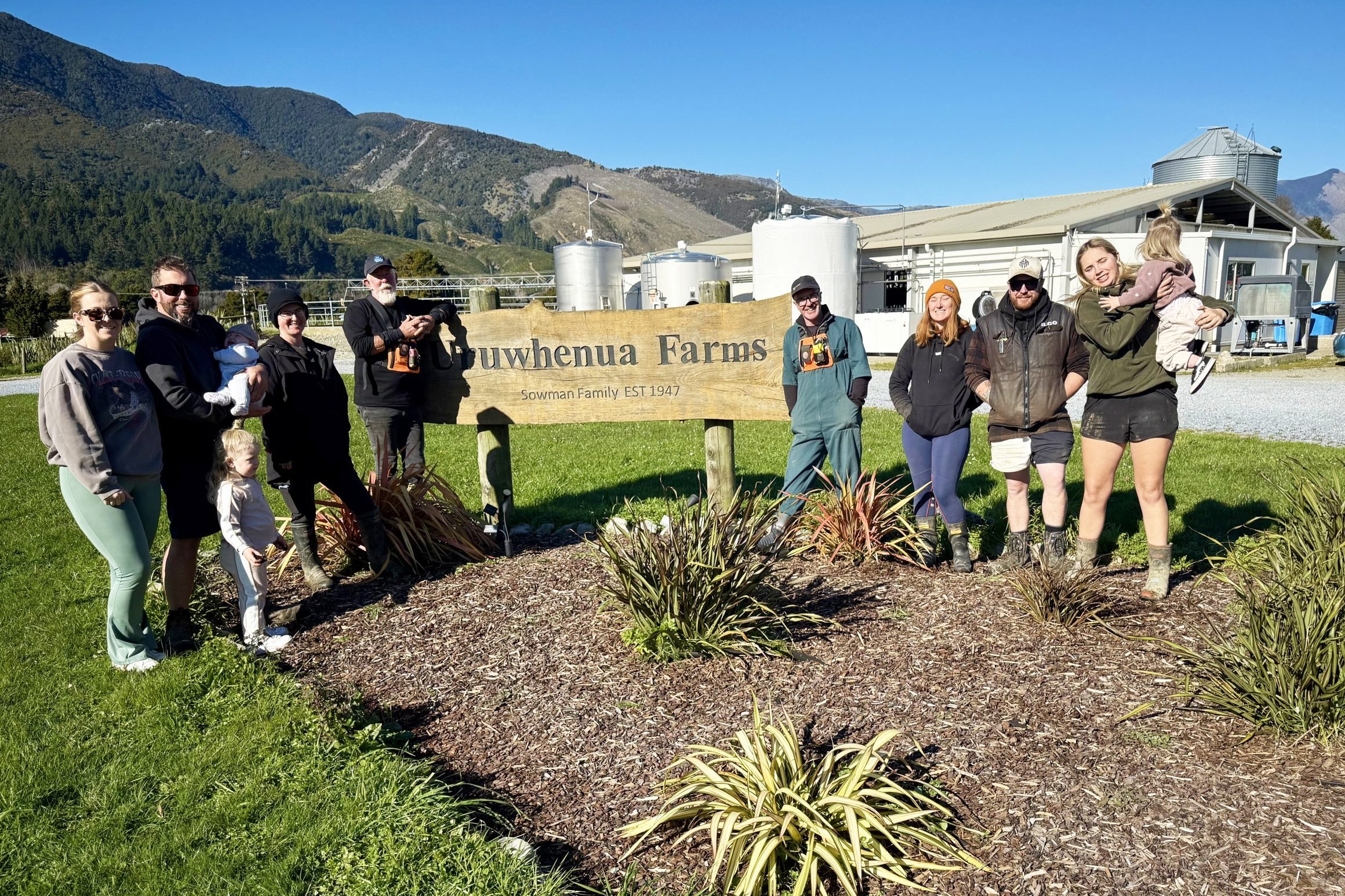The Media Council has ruled the Country-Wide editor’s note and article on the Regenerative Agriculture white paper were unfair and misrepresented the research conducted.
The full Media Council ruling is at https://www.mediacouncil.org.
Some agricultural scientists have criticised a new white paper on regenerative farming which they say is lacking in research and reeks of cheque book politics. Joanna Cuttance reports in this special three part series.
A new white paper on regenerative agriculture (RA) in New Zealand has provoked the ire of top agricultural scientists. They point to a lack of research, questionable science and emotive language.
Within that paper is the admission “We undertook a time-constrained scan of the peer-reviewed literature and websites for a high-level stock-take of the available information. We gathered all the information we could find in under five hours using Google Scholar, Web of Science and Google searches.
NZ Institute of Agriculture and Horticultural Science (NZIAHS) president Jon Hickford said he would have hoped that greater care was taken to ensure the credibility of what was released under Landcare Research’s name.
“Even if an undergraduate told me that this was how much research they had done, then they would be soundly criticised. From staff at one of our larger Crown research institutes (CRIs), it is astounding,” Hickford said.
The white paper is Regenerative agriculture in Aotearoa New Zealand – research pathways to build science-based evidence and national narratives. It sets out 17 priority research topics and introduces 11 principles for regenerative farming in New Zealand. The lead author was Dr Gwen Grelet, a senior researcher at Landcare Research.
Hickford confirmed authors were contracted in, and in some cases offered $8000 to “contribute”. According to Hickford, “chequebook politics” took place with the white paper, with the architects of the paper thinking they could buy support, and thus gain more support and acceptance for their RA views.
Professor Leo Condron from Lincoln University, who was invited to be part of the “collaboration,” but not paid, said he was invited to a Zoom meeting with numerous participants. Condron agreed with virtually nothing which was said and did not get to speak.
Lincoln University adjunct professor Jacqueline Rowarth, also questioned how some of the science was represented in the paper and was now going through the 17 urgent research priorities putting references against them to show what research had already been done.
Some of the claims in the paper had been researched, peer-reviewed and published in scientific journals, yet RA practitioners were dismissive of the science, said Condron.
Misconceptions identified
AgKnowledge’s Dr Doug Edmeades identified several misconceptions, including the claim synthetic fertiliser disturbed diversity and function of the soil microbiome, whereas many studies showed correcting nutrient deficiencies using mineral fertiliser enhanced soil biological activity. There was also no credible science to support the suggestion carbon-based products such as humate-derived substances could chelate fertiliser. Chelated fertiliser improves the bioavailability of micronutrients.
The beneficial claims of using fish hydrolysate, seaweed derivatives, diluted seawater, compost, aqueous composts extracts, biochar and isolated fungi/bacterial strains to improve soil, have been suggested before, but the Maxicrop Court Case during the 1980s found these to be exaggerated.
The writers suggested that “intentional bale wastage” created a fertiliser effect which improved soil health. Edmeades said every farmer knew if they self-feed a bale of hay in winter, animals munch around, pug and leave a giant excreta patch. There was little nutrient value in hay itself and the nutrients left behind by the animals had been collected from elsewhere in the paddock.
“No net gain in fertiliser nutrients at the cost of an area of damaged soil,” he said.
Using the Albrecht-Kinsey soil audit methodology to diagnose balancing requirements (of nutrients) has been shown in both science and economic research to result in higher fertiliser costs for no additional benefit.
The paper noted “some practitioners take into account lunar and other astral cycles to determine the timing of particular interventions on their system, such as planting or harvesting.”
“Such practices would take agricultural science firmly back to the middle ages when witches were burnt at the stake, Edmeades said.
Professor Derrick Moot said the white paper used very emotive language. He felt the ideas had little value to NZ, but suggested the proponents seemed to be hoping to source some money by writing a political document which suited the narrative of the Government. It lacked scientific integrity, had no definition and included a list of principles which was just someone’s wish list.





